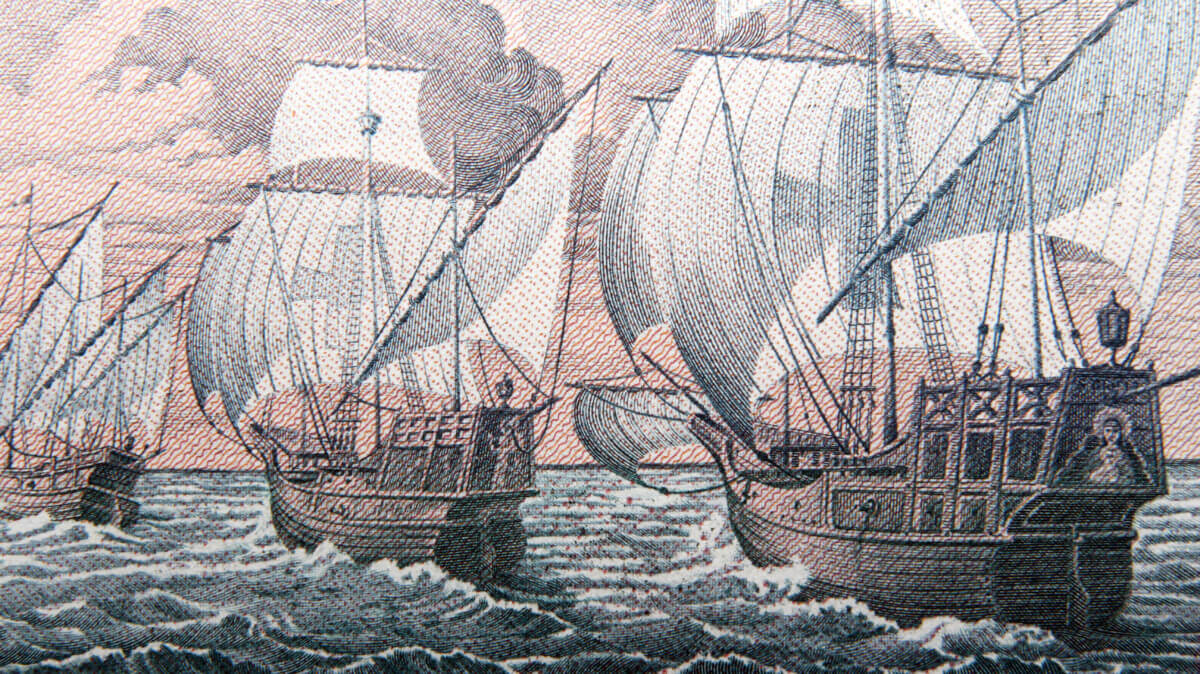
(© frizio - stock.adobe.com)
CRANFIELD, United Kingdom — There's a new reason to celebrate the 1400s, aside from Christopher Columbus's voyage to the new world. Scientists have been able to track down the earliest known evidence of wine drinking in the Americas. They made the discovery inside Caribbean pottery vessels on a small Caribbean island dating back to the 15th century.
Researchers examined 40 olive jar sherds from an island called Isla de Mona, which sits between the Dominican Republic and Puerto Rico. A team from Cranfield University used molecular analysis techniques called gas chromatography and mass spectrometry. The jars were rounded in a way that dates the style to when Columbus first wrote about the island in his diary back in 1494. Back then, olive jars were often used to transport different foods and liquids onto Spanish ships. The researchers found wine residue inside.
“Whether consumed by Europeans or members of the indigenous population, this is direct evidence for the importation and drinking of European wine to a tiny island in the Caribbean shortly after the arrival of Spanish colonialists,” the researchers say in a university release.
Although the Spanish conquered indigenous tribes and brought European traditions with them, local indigenous barbecue traditions remained. The team believes that this style of cooking was commonly practiced by the Taino people, a community native to this part of the Caribbean. Since there aren't large animals on these islands, it's likely that the people barbecued iguanas and a large rodent-like animal called a hutier.
The team thinks that the barbecue tradition, which the Taino people called “barbacoa,” fused together with wine drinking to create a unique culinary experience.

“Two culinary worlds collided in the Caribbean over 500 years ago, driven by the early Spanish colonial impositions. We really didn’t know much about the culinary heritage of this area and the influence of early colonialists on food traditions, so uncovering the discoveries have been really exciting,” says study leader Dr. Lisa Briggs, a visiting researcher at the British Museum and 75th Anniversary Research Fellow at Cranfield University.
“The strong culinary traditions of the Taino people in creating the barbeque held firm despite Spanish colonialism, and influenced food right round the world. This continues today, as we are all familiar with a barbeque. I’m really pleased that this research shines a light on the cultural heritage of this community,” she continues.
The researchers excavated the area last year and found lots of fish and meat bones. Interestingly, none of them were discovered inside of the cooking pots. Indigenous people likely cooked meats on charcoal over a raised grill, and vegetable dishes in ceramic pots. Additionally, upon analysis of the ceramics, there was no evidence that they had been used to house dairy products. Dairy was considered a prime staple of European cooking, but it doesn't seem to have made it to the island, further showing that indigenous traditions held on even in the midst of colonialism.
“This offers an interesting insight into culinary exchange on the island,” the researchers add, “...it appears traditional foodways were maintained even after an influx of European colonists arrived on the island with their glazed ceramics and olive jars. The lack of evidence for dairy products in our samples further suggests that European colonialists quickly came to adopt and rely on indigenous culinary traditions.”
This study is the first of its kind to use molecular analysis on 15th century Carribean ceramics, unlocking a rich history that helps to deepen our understanding of indigenous culture.
The findings are published in the journal Archaeological and Anthropological Sciences.










